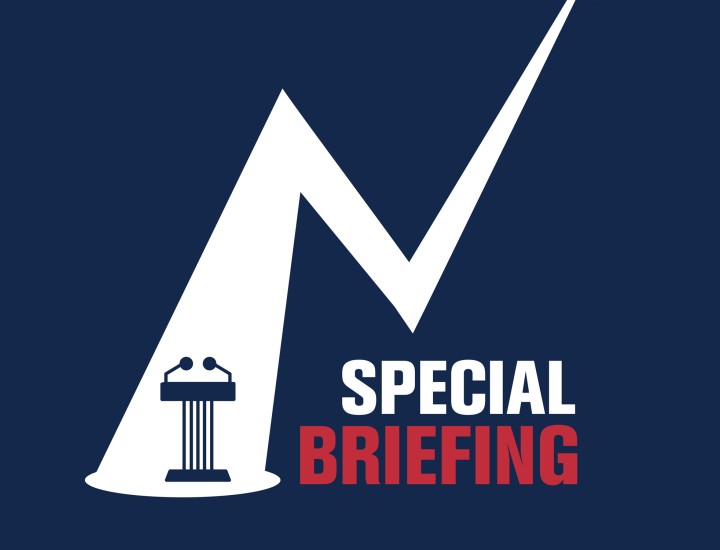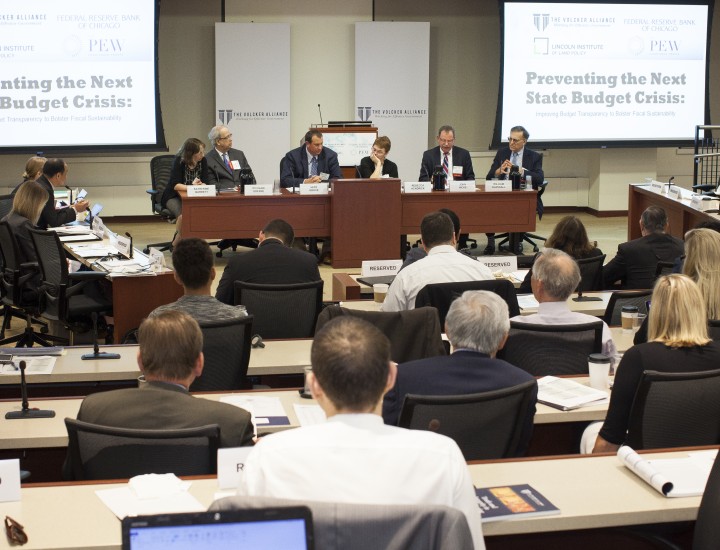State and Muni Officials Share Key Lessons for Fiscal Health, Postpandemic US Funding
New Volcker Alliance Report Details Key Themes Emerging from the 2024 Richard Ravitch Public Finance Initiative Symposium
New York, NY – The COVID-19 pandemic and funding response pushed states, localities, and federal agencies to collaborate and communicate in unprecedented and constructive ways. Now, as more than $5 trillion in federal pandemic emergency aid to the US economy comes to an end, states and localities are confronting immense challenges that are increasing in urgency, complexity, and cost, including closing the nationwide housing gap, ameliorating the impact of climate change, and rebuilding deteriorating infrastructure. At this moment of transition, states and localities can tap into lessons learned from the COVID-19 era to advocate for the fiscal needs of their jurisdictions more effectively.
According to a new paper released today by the Volcker Alliance, the pandemic and the emergency aid provided in response to it yielded many lessons about intergovernmental relationships. The report, titled Resilient State and Local Finance, outlines the best practices surfaced by attendees at the second Richard Ravitch Public Finance Initiative Symposium, held at the Pew Charitable Trusts in Washington, DC, on September 17, 2024. Attendees included more than two dozen senior federal, state, local, academic, and municipal finance industry stakeholders who collectively identified the strategic ways states and localities used pandemic funding and what practices they will carry forth to sustain their localities’ fiscal health.
The report includes recommendations for building state and local capacity to access federal grant money; deploying innovative financing to futureproof infrastructure against climate risks and other challenges; and effectively managing the $1 trillion in federal funds that states and municipalities typically receive annually from Congress.
“The Symposium brought together key stakeholders to discuss building regional alliances; prioritizing infrastructure investment based on equity and deferred maintenance needs; and adopting long-term budgeting strategies to help maintain fiscal balance,” said William Glasgall, Senior Director, Public Finance, at the Volcker Alliance. “These and other techniques will help government officials win and use federal dollars more efficiently to protect them against possible volatility in funding in future years.”
This paper was produced with significant contributions from Liz Farmer, Officer, Fiscal 50, The Pew Charitable Trusts. The Richard Ravitch Public Finance Initiative, named for the late New York State Lieutenant Governor and Volcker Alliance Director, seeks to catalyze federal action to improve state and local budget practices that present looming risks to the federal system and economy.
###
Media Inquiries, please contact: Idalis Foster | [email protected] | 646-343-0155


